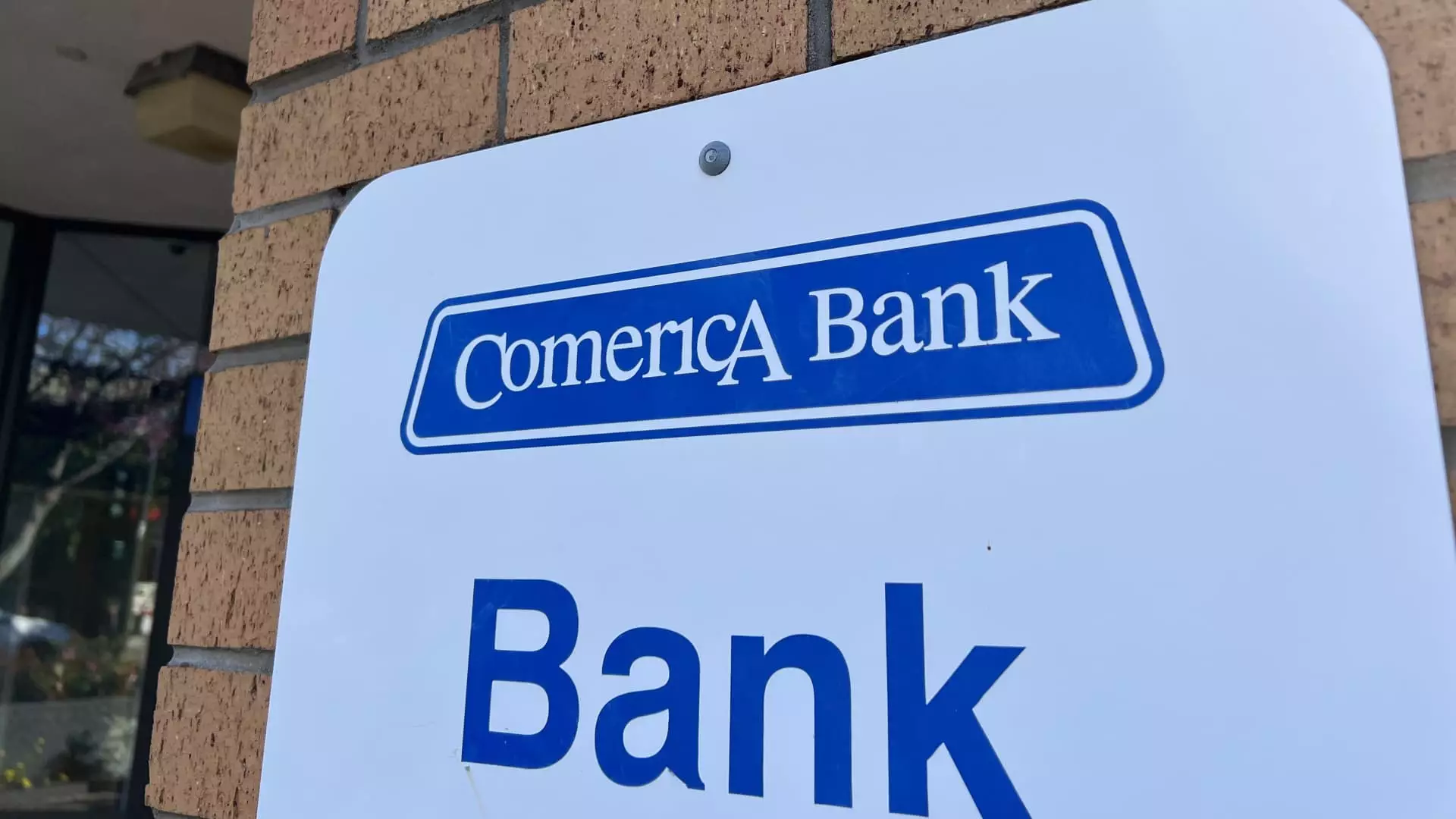In a significant move that has stirred considerable interest in the banking sector, the Consumer Financial Protection Bureau (CFPB) has filed a lawsuit against Comerica Bank. This regional financial institution is accused of failing in its duties related to the administration of the Direct Express prepaid debit card program, a federal benefits initiative vital for millions of Americans. The CFPB’s allegations suggest that Comerica’s actions, or lack thereof, have raised a number of ethical and operational concerns, particularly when considering the demographics affected—many of whom are elderly or disabled individuals relying on government support for their livelihoods.
The essence of the complaint revolves around a series of alleged malpractices that put Comerica Bank’s customer service and operational integrity into question. According to the CFPB, the bank is accused of intentionally disconnecting over 24 million customer service calls, a shocking statistic that implies systemic issues within their call management systems. Moreover, accusations of improperly charging over 1 million cardholders with ATM fees they did not incur add another layer of severity to the situation. One of the most troubling claims involves Comerica’s alleged neglect in handling fraud complaints, which is particularly egregious given that many cardholders may not have the resources to contest or resolve such issues effectively.
Such practices, if proven true, depict a corporate entity focused on profitability at the expense of some of the most vulnerable members of society. Rohit Chopra, the CFPB Director, articulated this concern by asserting that Comerica’s actions directly jeopardized the financial stability of Americans living on fixed incomes, a sentiment that resonates deeply in a society already grappling with economic hardships.
In light of these allegations, Comerica Bank has not remained silent. The bank’s defense rests on asserting that it acted under the oversight and approval of federal authorities in administering the Direct Express program. Comerica filed a counter-complaint, contending that the CFPB is overreaching and failing to acknowledge the complexities involved in managing such federal programs. This defensive posture indicates not only the seriousness of the allegations but also the potential ramifications for regulatory frameworks governing financial institutions.
The backdrop of this legal struggle is particularly concerning given the historical context of regulatory scrutiny in the banking industry. Past actions, such as the hefty fines levied against other institutions like Bank of America, establish a precedent for serious consequences when banks fail in their fiduciary responsibilities. Such precedents may incentivize other banks to adhere closely to compliance regulations or risk facing similar backlash from regulatory bodies.
The ongoing case underscores the necessity for enhanced oversight in the management of federal benefits programs. While technology enhances efficiency, the reliance on automated systems and cost-cutting measures should never come at the expense of customer service or ethical governance. As investigations continue, it is crucial for both Comerica Bank and regulatory agencies like the CFPB to strive for transparent practices that prioritize the needs of vulnerable populations. The outcome of this complaint may set a critical precedent for future interactions between federal agencies and financial institutions managing essential social safety nets.

